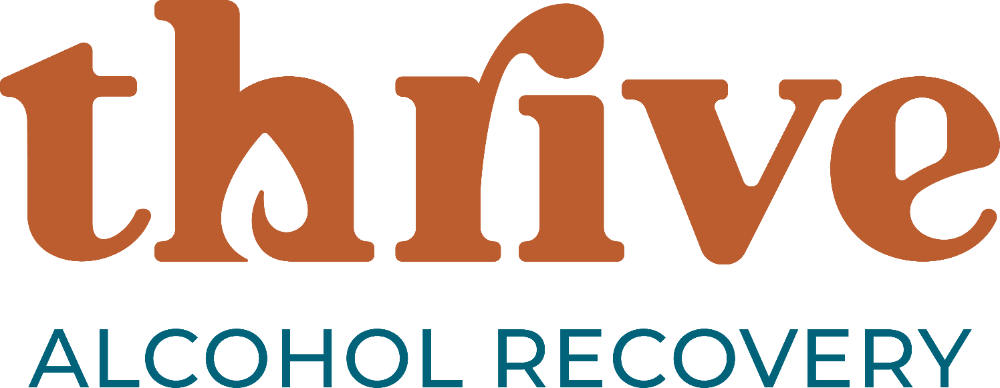What Is the Alcohol Deprivation Effect?
Mar 04, 2025The alcohol deprivation effect (ADE) is a phenomenon where individuals who have been deprived of alcohol for a period of time experience increased cravings and consume more alcohol than usual when they regain access to it. This effect has been observed in both animal studies and human research and has significant implications for understanding alcohol use disorder (AUD) and relapse.
What Is the Alcohol Deprivation Effect?
The alcohol deprivation effect was first identified in the 1960s through animal studies. Researchers discovered that when rats were given access to alcohol after a period of deprivation, they consumed significantly more than rats who had continuous access. This effect was noted even with short deprivation periods, highlighting its potency.
In human studies, the ADE has been replicated by asking participants to abstain from alcohol for a specific time—ranging from days to weeks—and then observing their drinking behavior in a controlled setting. Surprisingly, the alcohol deprivation effect is not exclusive to those with a history of alcohol dependence. Even people without problematic drinking habits are likely to drink more after a period of abstinence.
Why Does the Alcohol Deprivation Effect Happen?
The exact mechanisms behind the ADE are not fully understood, but several theories provide insight:
-
Increased Reinforcement: When alcohol is not available, cravings may intensify, and the pleasurable effects of alcohol (such as relaxation and euphoria) become more appealing. This heightened reinforcement can lead to excessive drinking once alcohol is reintroduced.
-
Changes in the Brain’s Reward System: Chronic alcohol use affects the brain’s dopamine pathways, reducing the sensitivity of dopamine receptors. During abstinence, the brain begins to reset, potentially increasing sensitivity to alcohol’s effects. This change can result in a stronger desire to drink and higher consumption when alcohol is available again.
Check out David's experience with the Alcohol Deprivation Effect 👇
Does the Alcohol Deprivation Effect Lead to Relapse?
The ADE is a critical factor in understanding relapse. Many individuals with alcohol use disorder experience heightened cravings after periods of abstinence, increasing their risk of returning to problematic drinking patterns. The reinforcing nature of alcohol following deprivation can undermine even strong intentions to stay sober.
How to Address the Alcohol Deprivation Effect
One effective approach to managing the alcohol deprivation effect is The Sinclair Method (TSM). TSM involves taking naltrexone, an opioid receptor blocker, one hour before drinking. This medication reduces the reinforcing effects of alcohol, making drinking less rewarding.
By leveraging the alcohol deprivation effect strategically, TSM helps diminish cravings and promotes a healthier relationship with alcohol over time. However, TSM is most effective when combined with gradual habit and lifestyle changes—something we emphasize heavily in our Thrive Membership program.
For a more detailed overview of The Sinclair Method and how it works, visit our main TSM page.
FAQs About the Alcohol Deprivation Effect
Q: Can the alcohol deprivation effect happen to anyone?
A: Yes, research shows that the alcohol deprivation effect can occur in individuals regardless of their history with alcohol use disorder.
Q: How long does the alcohol deprivation effect last?
A: The duration of the ADE varies, but its impact on increased consumption is most noticeable immediately after alcohol is reintroduced.
Q: Can the Sinclair Method help reduce the alcohol deprivation effect?
A: Yes, by using naltrexone to reduce alcohol’s reinforcing properties, TSM helps manage cravings and minimize the impact of the alcohol deprivation effect.
In Conclusion
The alcohol deprivation effect is a natural response to abstinence, often leading to increased alcohol consumption when drinking resumes. While The Sinclair Method offers a powerful way to address this effect, it is also important to adopt gradual behavior and lifestyle changes to support lasting recovery. To learn more about TSM and how it can help, be sure to explore our main TSM page.
Medical Disclaimer: This content is not intended as medical advice, diagnosis, or treatment. Always consult a healthcare professional for medical concerns. Do not delay seeking medical advice based on this information.







